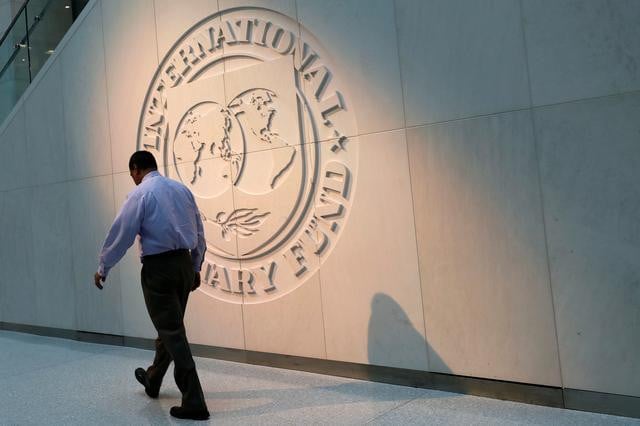The IMF is set to dispatch a team to Pakistan in late February to assess the country’s climate financing framework and related policies

News Desk
ISLAMABAD: The International Monetary Fund (IMF) has announced that its review mission will visit Pakistan in early March to negotiate the next tranche of the $7 billion loan, with discussions also set to include climate financing. The visit marks a crucial step in Pakistan’s ongoing economic stabilization efforts under the Extended Fund Facility (EFF), as well as its bid to secure additional financial resources for climate resilience initiatives.
According to Maahir Binesi, the IMF’s representative in Pakistan, the delegation will engage in talks regarding the loan disbursement while also reviewing technical aspects of climate financing at the request of Pakistani authorities. This development aligns with Pakistan’s broader strategy to access international financial assistance for mitigating climate-related risks, which have taken a heavy toll on the country in recent years.
In addition to the review mission, a separate IMF delegation focused on climate financing is expected to arrive in Pakistan at the end of February. This technical team will assess existing climate-related financial arrangements and evaluate Pakistan’s proposals for securing future funding.
Advisor to the Finance Minister, Khurram Schehzad, confirmed that this climate-focused mission, scheduled from February 24 to 28, will discuss Pakistan’s request for approximately $1 billion under the IMF’s Resilience and Sustainability Trust (RST). Established in 2022, the RST is designed to provide long-term concessional funding to nations facing severe climate challenges, supporting projects related to adaptation and cleaner energy transitions.
Pakistan formally requested assistance under this trust in October last year, citing its extreme vulnerability to climate change and the urgent need for financial support. The country’s economic recovery remains fragile, having been stabilized under the $7 billion IMF Extended Fund Facility secured last year. As a result, securing additional climate financing is seen as essential for sustaining long-term economic and environmental stability.
Pakistan ranks among the most climate-vulnerable nations, according to the Global Climate Risk Index. The catastrophic 2022 floods—exacerbated by global warming—affected at least 33 million people, killed over 1,700, and caused economic losses amounting to billions of dollars. The country’s already strained fiscal position and high debt burden significantly hampered its ability to mount an effective response to the disaster.



